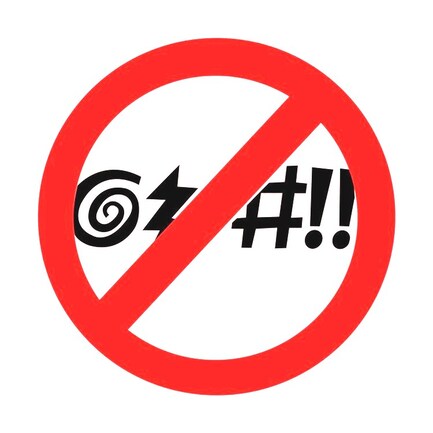Witchcraft, necromancy, demon possession, haunted houses, curses, death, monsters... Regardless of what someone might claim to be the origins of the day, and regardless of what some people might do as "alternatives" to these types of things associated with the day, I see absolutely no reason why a Bible-believing Christian would want to have any part in Halloween.
I'm going to give you some reasons I feel this way, but honestly, I realize it will probably fall on deaf ears. To many people it will all come down to "But I like candy, I like dress-up, and I don't want my kids to have to miss out." Well then, I suppose there will be a whole lot of struggles for you when it comes to raising children, and I would imagine this is pretty tame compared to some of the things you'll let your children do in the name of "fitting in" and "just having fun."
That being said, here are seven reasons why I do not feel like Halloween is appropriate for Christians:
1. We are supposed to abstain from all appearance of evil (1 Thessalonians 5:22).
2. Witches, necromancers, and the like are an abomination to the Lord (Deuteronomy 18:10-12).
3. We should love God, but the Bible says that it is the "haters of God" that love death (Proverbs 8:36).
4. We are supposed to think on things that are pure, just, lovely... (Philippians 4:8).
5. The religious origins some refer to are filled with superstition and false beliefs that are not biblical (such as warding off evil spirits with Jack-o'lanterns); and we should not adopt religious practices from false religions (Deuteronomy 12:30).
6. Publically taking part in the events of this day (even if we don't call it Halloween or promote evil) can be confusing and even become a stumbling block to others (1 Corinthians 8:9).
7. And beside all this, eating too many sweets will make you sick! (Proverbs 25:16).







 RSS Feed
RSS Feed

